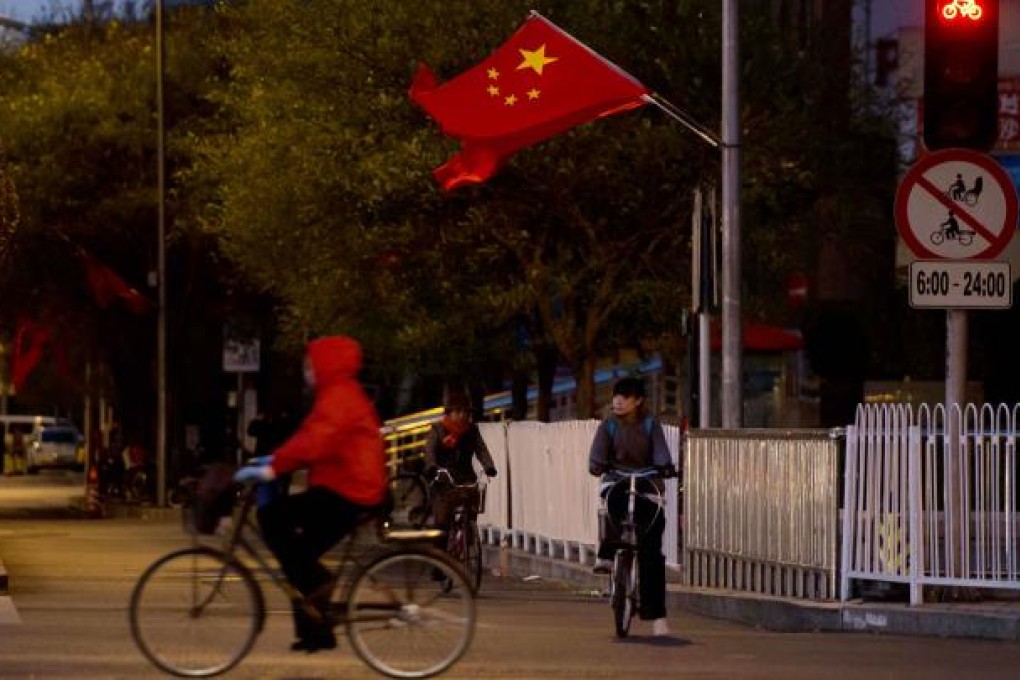Opinion | 18th party congress sparks reform countdown
Hu Shuli says the next step is to turn into reality the aspects of Hu Jintao's work report that focus on building a fairer society based on the rule of law

President Hu Jintao's work report to the 18th party congress, as expected, responded clearly and positively to the loud calls for reform. China is at a political crossroads and can't afford to hold back. Compared with the 17th party congress report five years ago, this report revealed the ruling party's awareness of the pressing issues as well as its perseverance and progress towards achieving the goals.
The target of doubling gross domestic product growth by 2020 was set during the 16th congress, along with building a well-off society. This target was mentioned again five years ago, but this week the target was dramatically raised to doubling GDP and the per capita income of urban and rural residents.
Implementing market-oriented reforms has caused much controversy. Hu's report reaffirmed that this is the right path, and the ideology of continued development must be preserved.
The reports for the previous two congresses had separate chapters to explain why changing the economic growth model was important. At the 17th congress, it was titled "Ensuring Sound and Rapid Economic Development"; this year it became "Accelerating the Transformation of the Economic Growth Model" and begins with the words: "We need to expedite the improvement of the socialist market economic system."
The first chapter of Hu's report this year focused on economic reform, proposing that the key part of any such reform is to "improve relations between the government and the market". This comment has attracted much attention. The relationship between the public and private sectors has been an obstacle to greater economic reform. Since the 15th party congress, proposals have been put forward to develop the private sector while retaining state-owned enterprises as the economic mainstay, and this year was no different.
But Hu's report said state resources could be invested in important industries and areas that were key to national security and the economy, which suggests that the government should avoid heavy involvement in major competitive spheres.
